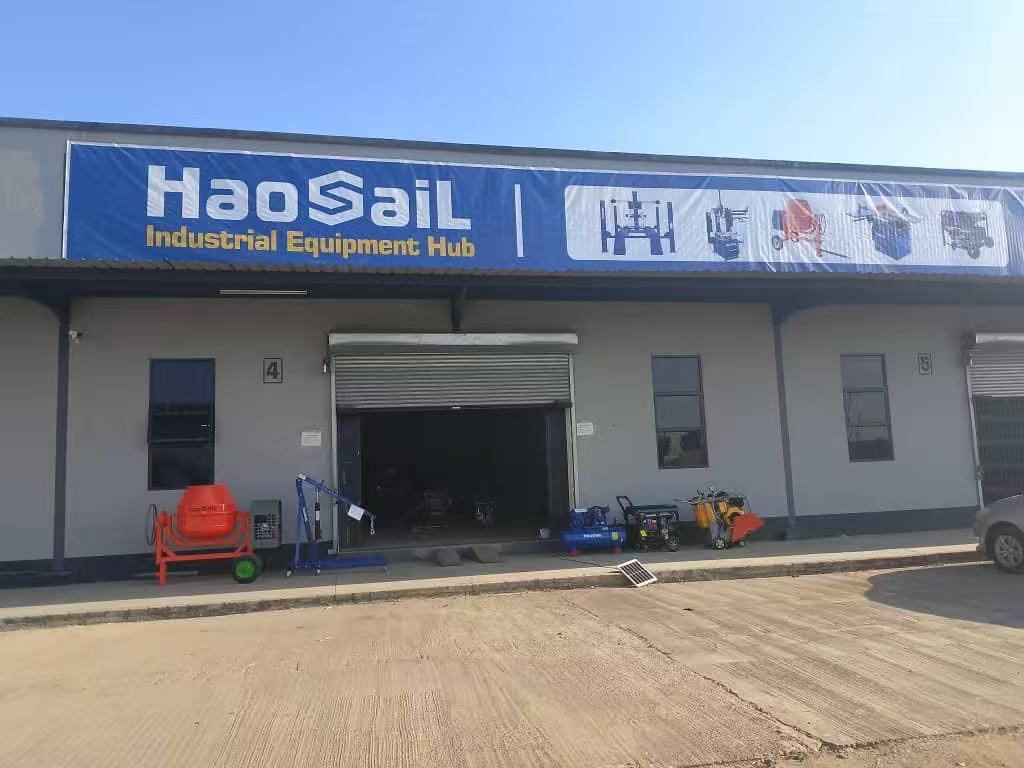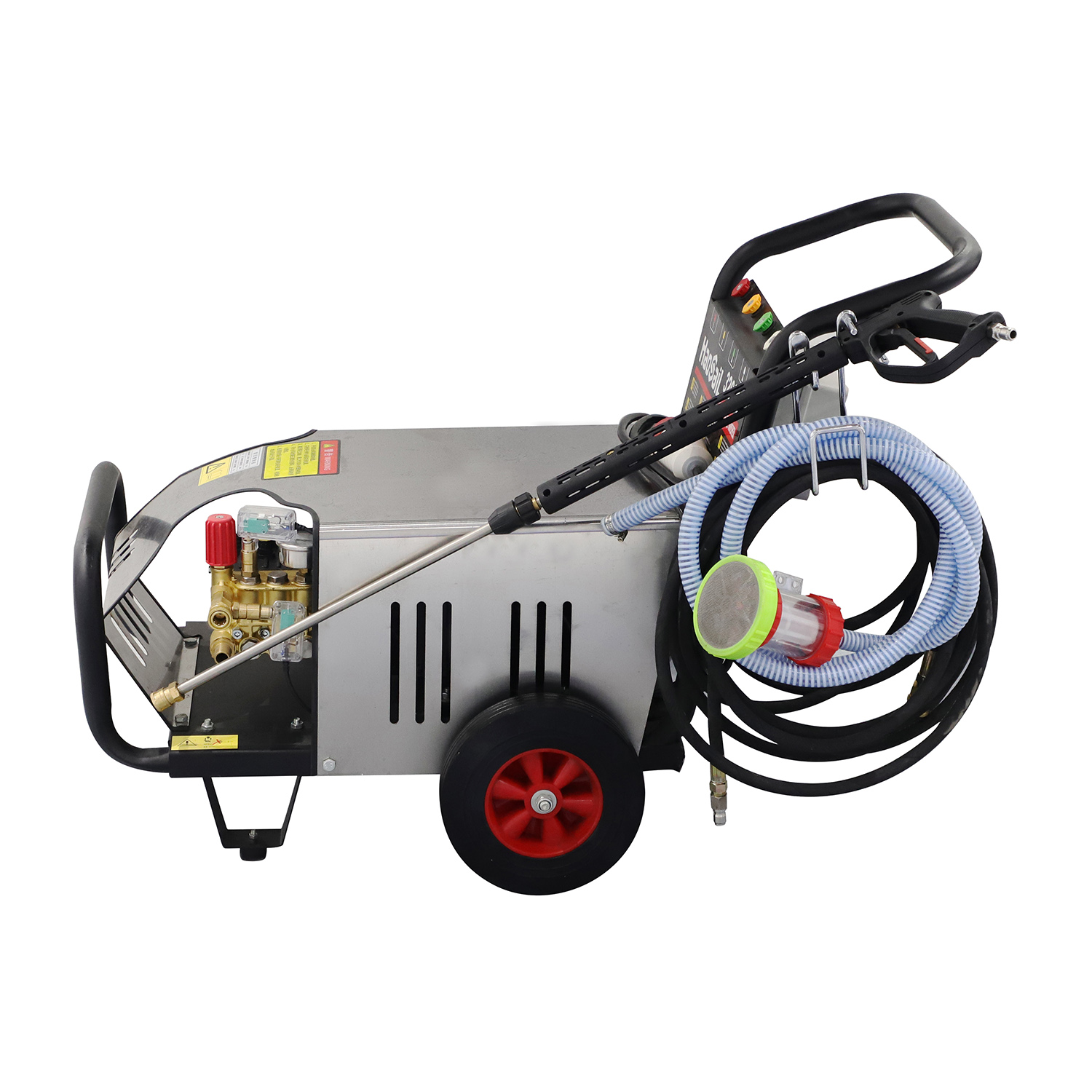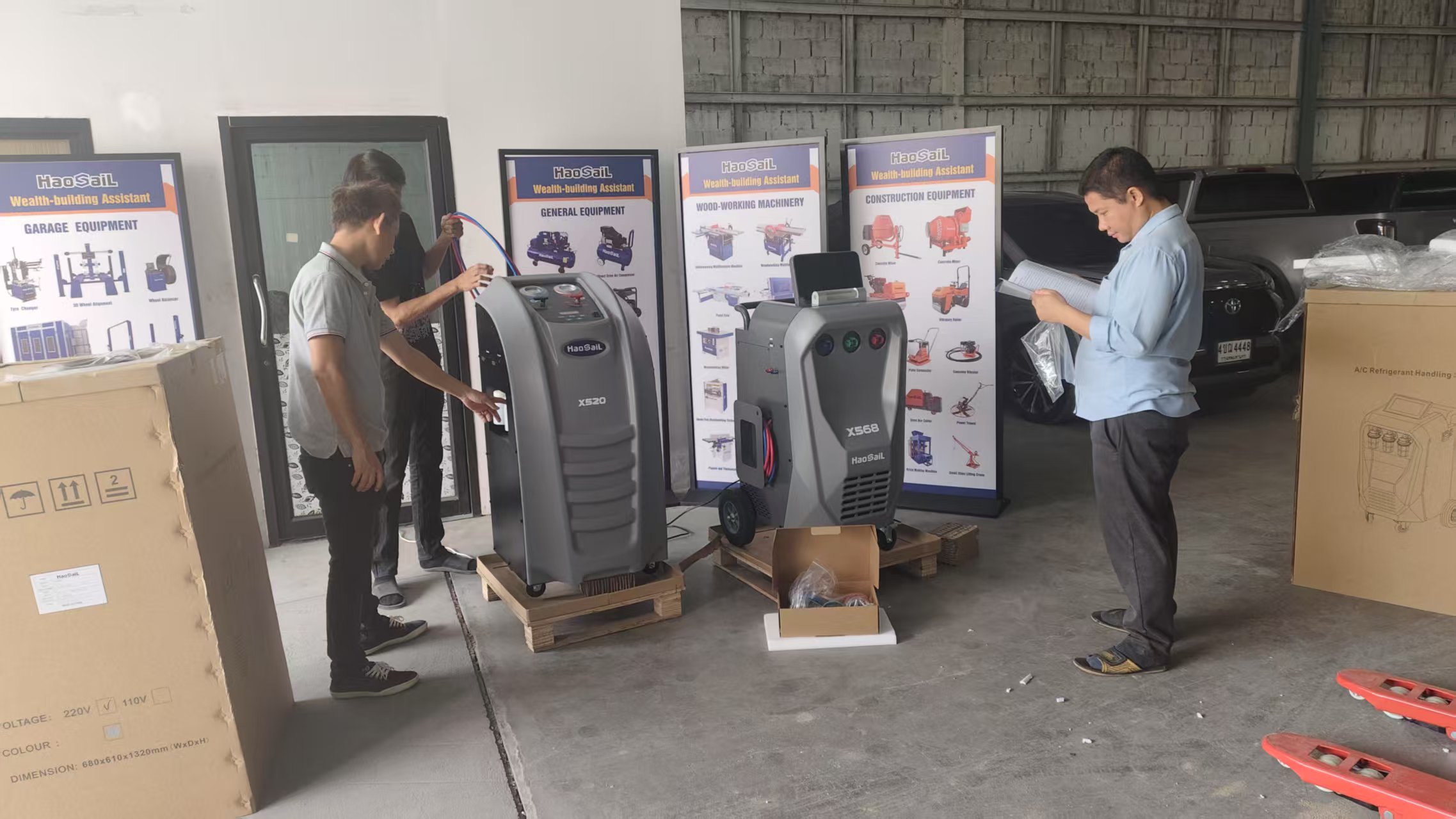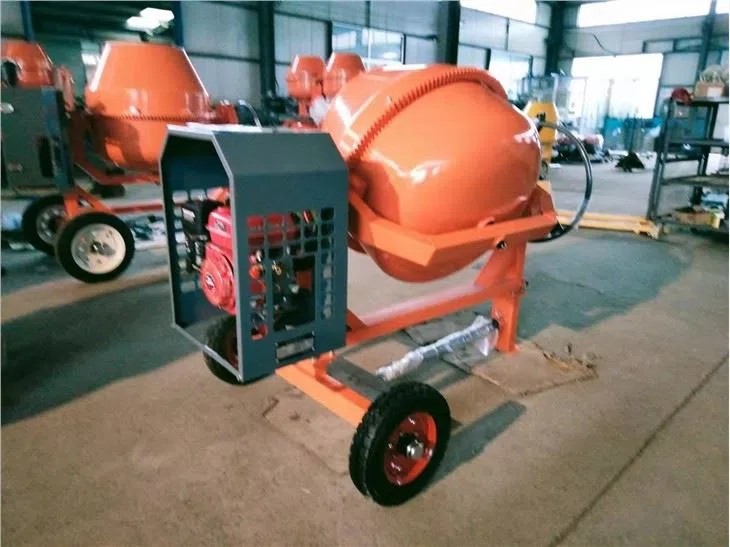
Aug 27, 2025

Aug 12, 2025

Jun 04, 2025

May 30, 2025
B4, Qingdao High-Tech Zone, No. 17 Songyuan Road, Qingdao.
+86 13864822549

Concrete mixers are essential tools in the construction industry, designed to efficiently blend cement, water, and aggregates to produce high-quality concrete. Understanding the target customers and use cases for concrete mixers is crucial for manufacturers and suppliers to meet market demands effectively. This article explores the primary users of concrete mixers and the diverse scenarios in which these machines are utilized.
Target Customers
1. Construction Companies
Large construction firms are among the primary customers for concrete mixers. These companies often undertake massive projects, such as building skyscrapers, bridges, and highways, where a consistent supply of concrete is required. A concrete mixer enables them to produce large quantities of concrete on-site, reducing transportation costs and ensuring fresh mixtures for better structural integrity.
2. Small Contractors and Builders
Small-scale contractors and builders also rely heavily on concrete mixers. Whether constructing residential homes, driveways, or small commercial buildings, these professionals need a reliable machine to produce concrete in manageable batches. Portable and compact concrete mixers are particularly popular among this group due to their affordability and ease of use.
3. DIY Enthusiasts
Homeowners and DIY enthusiasts are another growing segment of concrete mixer users. From creating garden pathways to building small structures like sheds or patios, these individuals appreciate the convenience of mixing their own concrete. Smaller, user-friendly models are ideal for such applications.
4. Landscaping Companies
Landscaping firms often use concrete mixers for projects that involve decorative concrete work, such as fountains, retaining walls, or outdoor flooring. A concrete mixer allows them to customize mixtures to achieve specific textures and colors, enhancing the aesthetic appeal of their designs.
5. Infrastructure Developers
Government agencies and private developers involved in infrastructure projects, such as roads, dams, and airports, are significant customers for industrial-grade concrete mixers. These projects require high-capacity machines capable of producing vast amounts of concrete efficiently.
Use Cases for Concrete Mixers
1. On-Site Construction
One of the most common use cases for a concrete mixer is on-site construction. Whether it’s a high-rise building or a small home, having a concrete mixer on-site ensures a steady supply of fresh concrete, which is critical for maintaining construction timelines and quality.
2. Road and Pavement Construction
Road construction projects heavily depend on concrete mixers to produce the durable concrete needed for pavements, curbs, and bridges. The ability to mix concrete directly at the construction site reduces delays and ensures consistent quality.
3. Precast Concrete Production
Factories that produce precast concrete elements, such as beams, columns, and panels, use concrete mixers to create uniform mixtures. These elements are then transported to construction sites for assembly, saving time and labor.
4. Repair and Maintenance Work
Concrete mixers are also used in repair and maintenance projects, such as fixing cracks in roads, sidewalks, or buildings. The ability to mix small batches of concrete on-demand makes these machines invaluable for such tasks.
5. Agricultural Applications
In rural areas, concrete mixers are often used for agricultural purposes, such as constructing barns, silos, or irrigation channels. Their portability and ease of operation make them suitable for remote locations.
6. Artistic and Decorative Projects
Artists and designers use concrete mixers to create custom mixtures for decorative items like statues, planters, or furniture. The versatility of a concrete mixer allows for experimentation with different textures and finishes.
7. Disaster Relief and Emergency Repairs
In disaster-stricken areas, concrete mixers play a vital role in rebuilding infrastructure quickly. Their mobility and efficiency make them ideal for emergency repair work.
8. Educational and Training Purposes
Vocational schools and training centers use concrete mixers to teach students the fundamentals of concrete mixing and construction techniques. These institutions often opt for smaller, cost-effective models.
In conclusion, the target customers for concrete mixers range from large construction firms to DIY enthusiasts, each with unique needs. The versatility of a concrete mixer makes it indispensable in various scenarios, from large-scale infrastructure projects to small decorative endeavors. By understanding these customers and use cases, manufacturers can tailor their products to meet the diverse demands of the market, ensuring the continued relevance and success of concrete mixers in the construction industry.